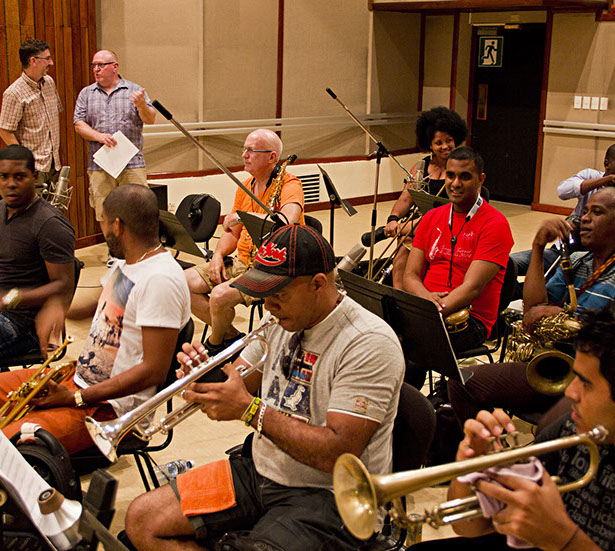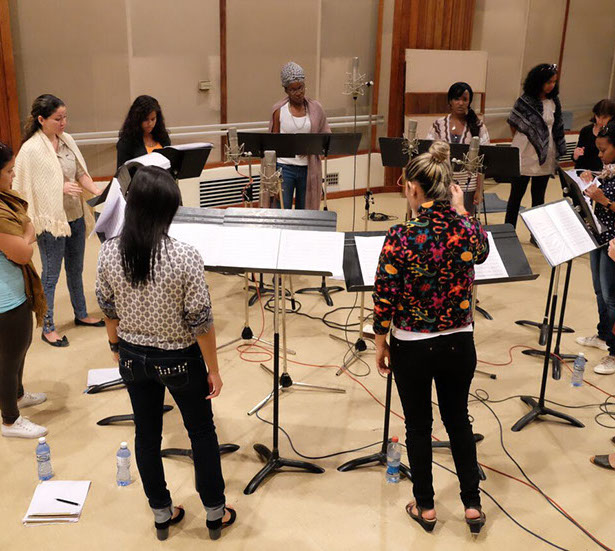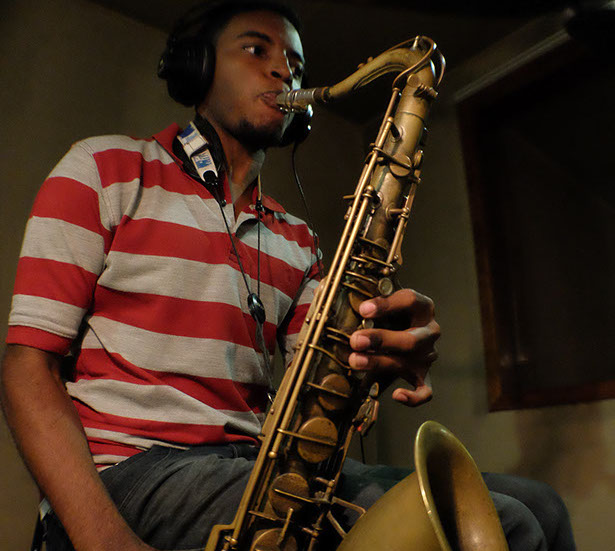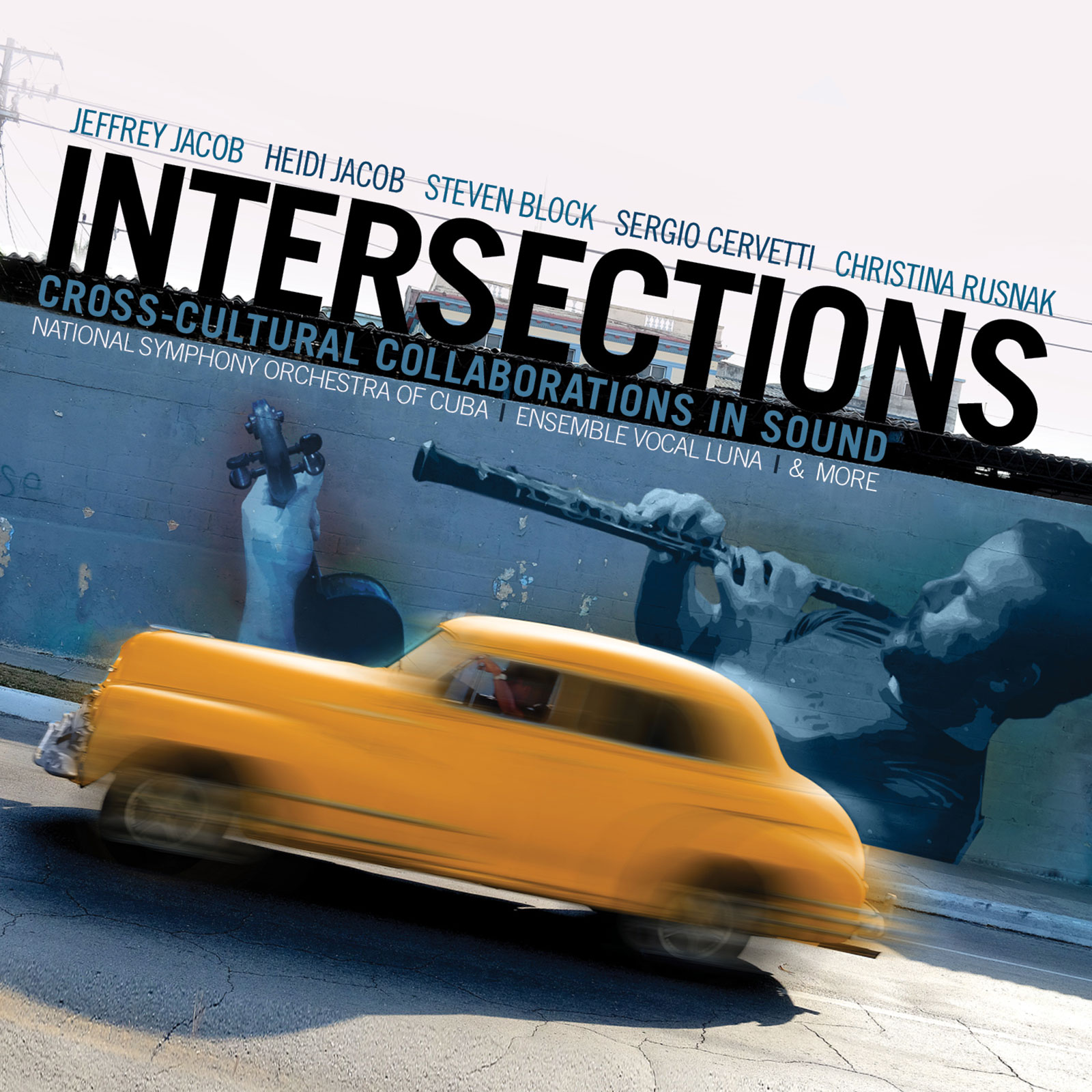
Share Album:
Intersections
Jeffrey Jacob composer
Heidi Jacob composer
Steven Block composer
Sergio Cervetti composer
Christina Rusnak composer
This exquisitely produced album embodies the beautiful art whose creation has been enabled by the newly opened cultural exchange between the United States and Cuba. Through a collection of intriguing compositions by American and American-based composers, INTERSECTIONS showcases the talents of Cuban musicians in a variety of large ensemble and chamber settings. Moreover, the pieces in the album’s contents are replete with symbols that touch on the promise of this new beginning in American-Cuban relations, and suggest some of the darkness that preceded it.
This imagery begins with Jeffrey Jacob’s Awakening, an undulating work for piano and orchestra, which is performed by the composer and the Havana National Symphony. Jacob’s composition is built around two main ideas, the most salient of which is a lyrical melodic idea that opens in the low strings, and is passed through the orchestra and modified in other ways over the course of the piece. The second building block in Awakening is the gesture of a peeling bell, which first appears in the orchestral chimes before being transformed as a gesture in the piano and, eventually, as the abrupt attack of percussion that signals the work’s conclusion.
Awakening is hopeful and grand, yet ends ambiguously. In this way, Awakening seems to signal the highest aspirations the Cuban and American people may have for their new relationship, while also reminding us that the process of restoring normality remains unfinished. Two other works on INTERSECTIONS – Heidi Jacob’s untouched by morning, untouched by noon and Christina Rusnak’s choral composition Dearly Beloved – convey similarly hopeful symbolism to that in Awakening. For example, Heidi Jacob’s work, which is composed for a small chamber ensemble, begins desolately, marked by the ominous echoes of a strummed piano. Over time, however, untouched by morning, untouched by noon becomes much more joyful, a transition made clear by the reappearance of the piano, now played in the traditional manner.
Complementarily, Sergio Cervetti’s And The Huddled Masses, for clarinet quintet, and Steven Block’s Puttin’ It Together, for two saxophones, two double basses, and drum set, make more direct references to Cuba, its culture, and its history with the United States. Puttin’ It Together, with its deep and compelling jazz allusions, may be the most remarkable, as one of the saxophone parts imitates the tone and performance style of a classic double reed instrument in Cuban jazz repertoire: the corneta china. On the other hand, And The Huddled Masses speaks to the legacy of immigration from Central and South America to the United States. Cervetti, who immigrated to America from Uruguay in 1962, crafts a beautiful rendering of the hope and desperation that motivates so many to leave their homelands, including Cuba, for refuge in the United States.
Listen
Stream/Buy
Choose your platform
Track Listing & Credits
| # | Title | Composer | Performer | |
|---|---|---|---|---|
| 01 | Awakening | Jeffrey Jacob | National Symphony Orchestra of Cuba | Enrique Pérez Mesa, conductor; Jeffrey Jacob, piano | 10:11 |
| 02 | Untouched by Morning and Untouched by Noon: No. 1. Ingenuous | Heidi Jacob | Alden Ortuño Cabezas, bass clarinet; Yasek Manzano Silva, trumpet; Marisel González Valdés, trombone; Brian Church, baritone; Charles Abramovic, piano | 0:56 |
| 03 | Untouched by Morning and Untouched by Noon: No. 2. Wild and Raucous | Heidi Jacob | Alden Ortuño Cabezas, bass clarinet; Yasek Manzano Silva, trumpet; Marisel González Valdés, trombone; Brian Church, baritone; Charles Abramovic, piano | 1:10 |
| 04 | Untouched by Morning and Untouched by Noon: No. 3. Sultry, Languorous | Heidi Jacob | Alden Ortuño Cabezas, bass clarinet; Yasek Manzano Silva, trumpet; Marisel González Valdés, trombone; Brian Church, baritone; Charles Abramovic, piano | 1:17 |
| 05 | Untouched by Morning and Untouched by Noon: No. 4. Liquido | Heidi Jacob | Alden Ortuño Cabezas, bass clarinet; Yasek Manzano Silva, trumpet; Marisel González Valdés, trombone; Brian Church, baritone; Charles Abramovic, piano | 2:36 |
| 06 | Untouched by Morning and Untouched by Noon: No. 5. L'Escalier | Heidi Jacob | Alden Ortuño Cabezas, bass clarinet; Yasek Manzano Silva, trumpet; Marisel González Valdés, trombone; Brian Church, baritone; Charles Abramovic, piano | 1:31 |
| 07 | Untouched by Morning and Untouched by Noon: No. 6. Semplice | Heidi Jacob | Alden Ortuño Cabezas, bass clarinet; Yasek Manzano Silva, trumpet; Marisel González Valdés, trombone; Brian Church, baritone; Charles Abramovic, piano | 1:38 |
| 08 | Untouched by Morning and Untouched by Noon: No. 7. Mäßige | Heidi Jacob | Alden Ortuño Cabezas, bass clarinet; Yasek Manzano Silva, trumpet; Marisel González Valdés, trombone; Brian Church, baritone; Charles Abramovic, piano | 0:51 |
| 09 | Untouched by Morning and Untouched by Noon: No. 8. Distratta | Heidi Jacob | Alden Ortuño Cabezas, bass clarinet; Yasek Manzano Silva, trumpet; Marisel González Valdés, trombone; Brian Church, baritone; Charles Abramovic, piano | 1:23 |
| 10 | Puttin' It Together | Steven Block | Abiel Chea Guerra, drums; Jorge Sergio Ramírez Prieto, alto saxophone; Carlos Alejandro Gonzales Guerra, tenor/soprano saxophone; Rubén Gonzales López,double bass; Liset Toppe Benítez, double bass; Enrique Pérez Mesa, conductor | 9:57 |
| 11 | And the Huddled Masses: I. The Tired, the Poor, and the Huddled Masses | Sergio Cervetti | Alden Ortuño Cabezas, clarinet; Leonardo Pérez Baster, violin I; Luis Alberto Mariño Fernández, violin II; Yamed Aguillón Santa Cruz, viola; Lester Monier Serrano, cello; Enrique Pérez Mesa, conductor | 7:39 |
| 12 | And the Huddled Masses: II. Hâves, Déguenillés | Sergio Cervetti | Alden Ortuño Cabezas, clarinet; Leonardo Pérez Baster, violin I; Luis Alberto Mariño Fernández, violin II; Yamed Aguillón Santa Cruz, viola; Lester Monier Serrano, cello; Enrique Pérez Mesa, conductor | 4:45 |
| 13 | And the Huddled Masses: III. Noemí Alvarez Quillay | Sergio Cervetti | Alden Ortuño Cabezas, clarinet; Leonardo Pérez Baster, violin I; Luis Alberto Mariño Fernández, violin II; Yamed Aguillón Santa Cruz, viola; Lester Monier Serrano, cello; Enrique Pérez Mesa, conductor | 8:12 |
| 14 | Dearly Beloved | Christina Rusnak | Ensemble Vocal Luna | Sandra Santos González, conductor | 4:16 |
| 15 | Dearly Departed | Christina Rusnak | Ensemble Vocal Luna | Sandra Santos González, conductor | 6:28 |
Recorded April 19-22, 2016 at Abdala 1, in Havana, Cuba
Recording Session Producer Dayron Ortega
Recording Session Engineer José Raúl Varona
Photography Michael Labrie
Executive Producer Bob Lord
Executive A&R Sam Renshaw
A&R Alex Bourne
Audio Director Jeff LeRoy
Art & Production Director Brett Picknell
Graphic Design Ryan Harrison
Marketing Mike Mahn
Artist Information
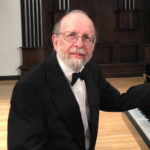
Jeffrey Jacob
In August 2020, Jeffrey Jacob was named Composer-in-Residence with the Philadelphia Virtuosi Chamber Orchestra. He has written six symphonies, three piano concertos, three string quartets, and numerous works for piano and chamber ensemble. Raymond Leppard and the Indianapolis Symphony premiered his Symphony: Winter Lightning. The London Symphony recorded his Symphony No. 3. The Moscow and St. Petersburg Symphonies premiered respectively his Piano Concertos 1 and 2 with the composer as soloist.
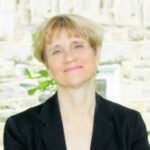
Heidi Jacob
Composer, cellist, and conductor, Heidi Jacob is Associate Professor of Music at Haverford College. A graduate of both the Curtis Institute of Music and The Juilliard School, she has performed throughout the United States and Europe, including the Phillips Collection in Washington DC, Bedford Springs Festival, “Mozart on the Square” in Philadelphia, the Dubrovnik Festival, and on National Public Radio. She has recorded for Capstone Records, Albany Records, and Navona Records, and was featured on WRTI’s “Notes from Philadelphia,” highlighting performances of her album conducting the Chamber Orchestra of Bryn Mawr. In addition, Curt Cacioppo’s “Invocation and Dance of the Mountain Gods,” conducted by Jacob, from the album LAWS OF THE PIPE was recently selected by PARMA Recordings for inclusion on the label’s online digital release FINE MUSIC, Vol. 4.

Steven D. Block
Steven D. Block was born in New York City on November 5, 1952. He is currently Dean of the College of Fine Arts at the University of Texas – Rio Grande Valley after having served as Chair of the Department of Music at the University of New Mexico for 17 years. As Dean, he is building new Arts programs, including that of the School of Music, from two separate legacy campuses. Block has appeared in the various personae of composer, music theorist, music critic, pianist, and both classical radio and disco d.j., among others. His compositions have been performed worldwide including performances in Australia, Paris, and Poland. His articles as a music theorist and music critic have appeared in such journals and magazines as Perspectives of New Music, Integrales, Music Theory Spectrum, the Journal of Music Theory, the Annual Review of Jazz Studies, Music Library Notes, and High Fidelity.
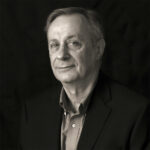
Sergio Cervetti
Sergio Cervetti, a Uruguayan-born American composer, came to the United States in 1962 to study composition. By 1966 he attracted international attention by winning the chamber music prize at the Caracas Venezuela Music Festival. After graduating from the Peabody Conservatory in 1967, where he studied with Ernst Krenek and Stefan Grové, he was invited by the DAAD to be a composer-in-residence in Berlin, Germany in 1969-70. From 1972-97 and 2007-08 Cervetti was Professor of Music at New York University / Tisch School of the Arts.
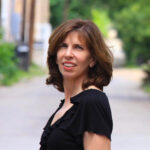
Christina Rusnak
Christina Rusnak, a Northwest-based contemporary composer and explorer, is passionate about composing about place and the human experience. She works at the intersection of place, nature, culture, and history, and seeks to integrate context into her pieces. The composer also strives to create thought-provoking music that engages both the performers and the audience.

